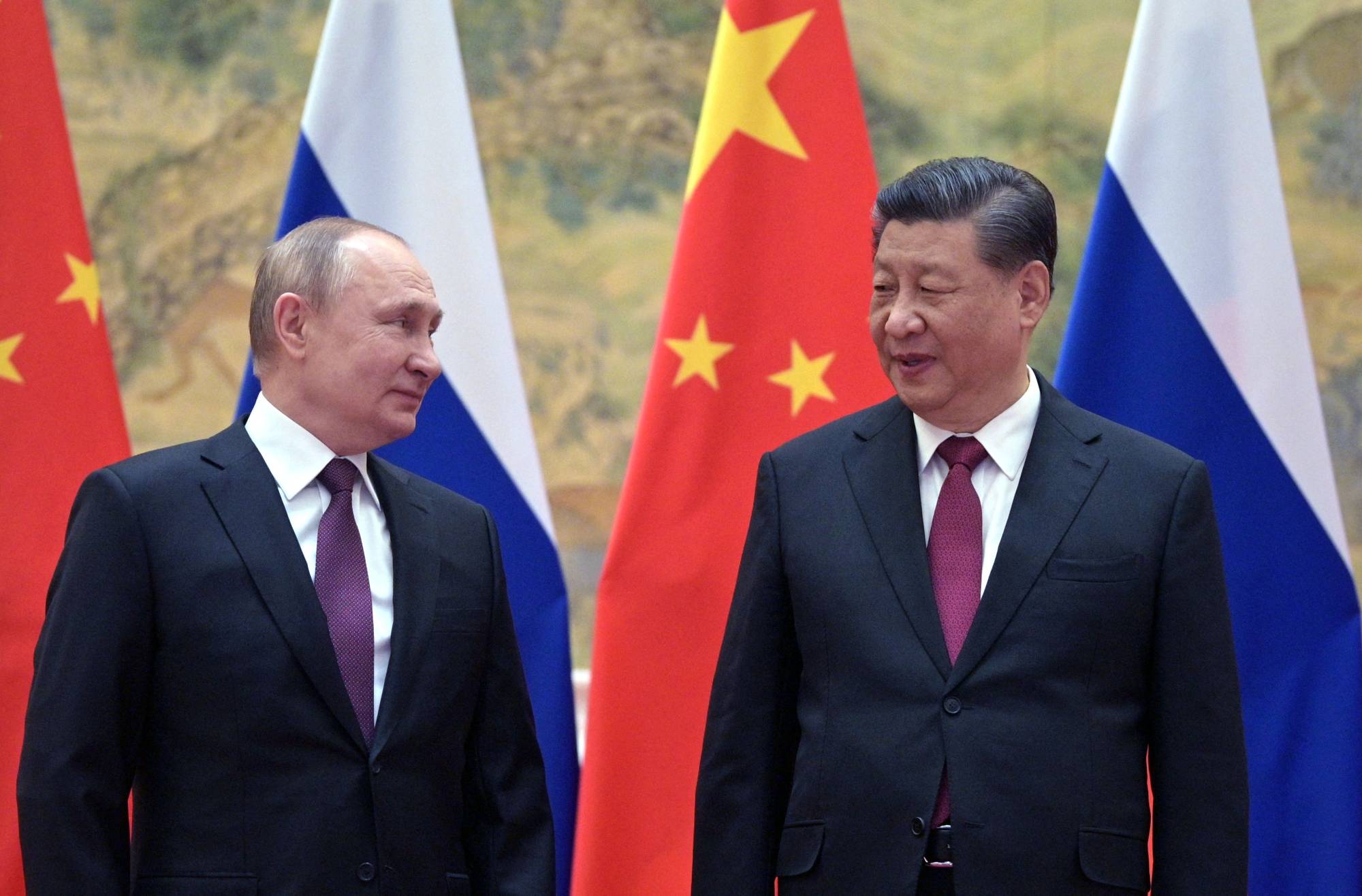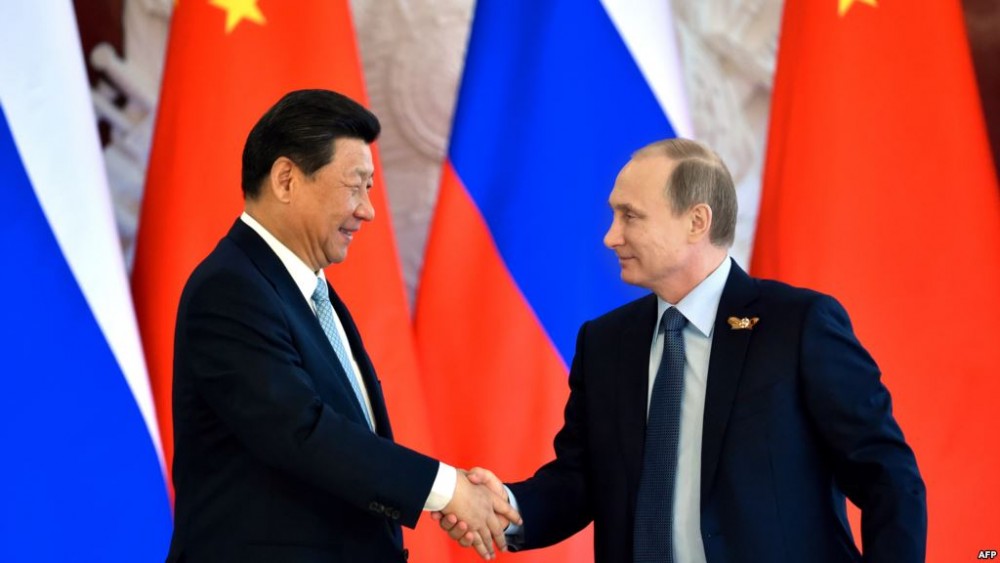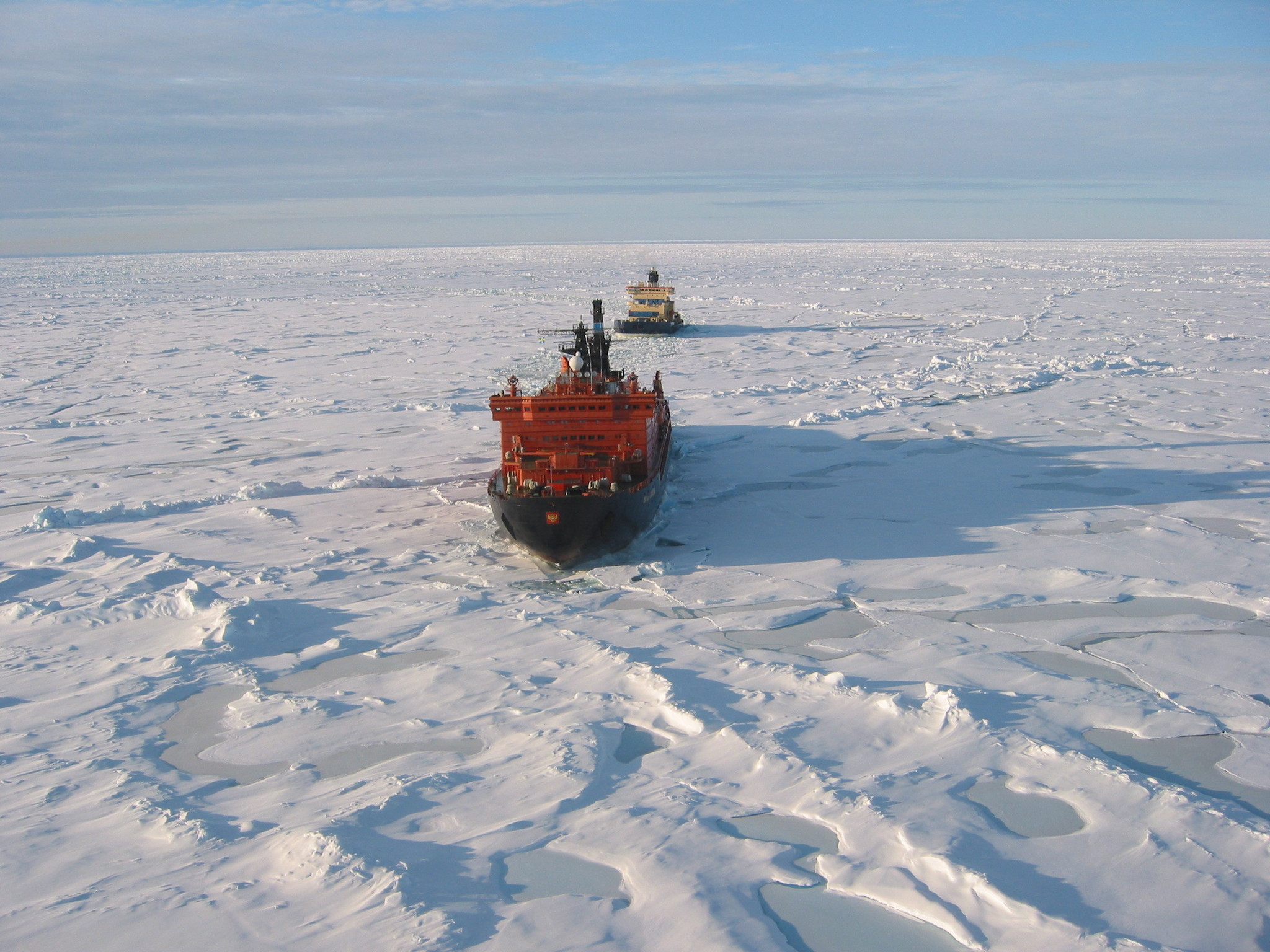A report from the Economist Intelligence Unit (EIU), released early March, suggests that net support for Russia has increased in the year since the invasion of Ukraine, as Moscow courts previously neutral or geopolitically unaligned countries.
The EIU, a research and analysis division of the Economist Group, which is the parent company of the well-known publication The Economist, assessed countries’ enforcement of sanctions, UN voting patterns, domestic political trends, and official statements alongside economic, political, military, and historical ties to determine the increase in countries leaning towards Russia from 29 to 35.
China remains the most significant country in this category. Still, other developing countries, including South Africa, Mali, and Burkina Faso, have also moved into this grouping, accounting for 33% of the world’s population.
The EIU reported that the number of neutral countries rose from 32 to 35, representing almost 31% of the global population.
Some previously Western-aligned countries, including Colombia, Türkiye, and Qatar, have moved into this category as their governments seek to reap economic benefits from engaging with both sides.
The number of countries actively condemning Russia fell from 131 to 122, representing just under 68% of global GDP, highlighting an emerging disconnect between wealthy Western economies and the Global South.
The EIU report said that Russia’s propaganda and diplomatic efforts in developing countries are working well, stoking resentment against former colonial powers and fueling the idea that sanctions from Western countries are causing global food and energy insecurity.
Russian and Chinese leaders increasingly position themselves to developing nations as alternatives to the West as economic and military partners, without attaching demands around democracy or human rights to diplomatic relations.
The EIU report suggests that Western leaders should acknowledge the problem and build awareness about the aims and effectiveness of sanctions to counter organized Russian propaganda.
Moscow claimed earlier this week that oil exports to India increased 22-fold last year, and at the recent Raisina Dialogue geopolitics forum in New Delhi, Russian Foreign Minister Sergey Lavrov highlighted Western hypocrisy and double standards while bemoaning the grain supply shortages experienced by developing countries due to sanctions from the West.
Perspectives on the war in Ukraine are different outside of the US/European circles. The war is seen as regional, and a much smaller part of a broader puzzle in developing countries. Developing countries are being placed in positions they “don’t want to be in” by demands from the US and Europe to more outwardly side with Ukraine, even though many nations constituting the Global South actually voted in favor of the UN resolution condemning the invasion. Many developing countries have agency and self-interest in their decisions to accept Russian energy imports or have pro-Russian sentiment throughout their populations.
It is overly simplistic to attribute the shifting sands primarily to Russian disinformation campaigns, as it underestimates the complexities of the situation. China is also increasingly representing itself to developing nations as an alternative to the West as an economic and military partner. The EIU report highlights a growing disconnect between wealthy Western economies and the Global South.








